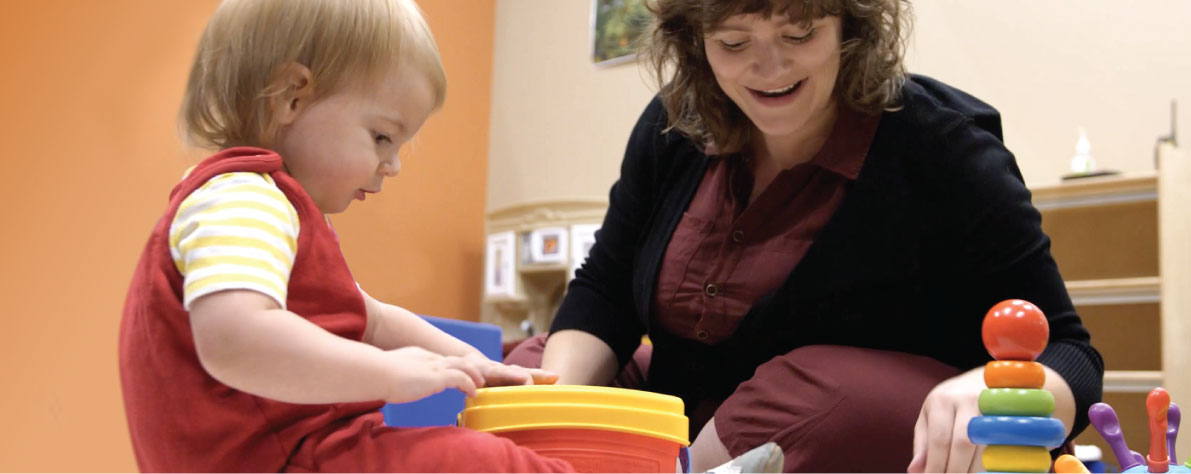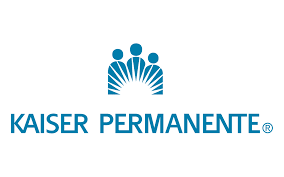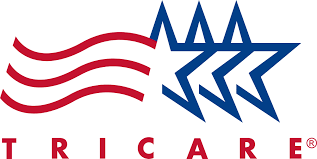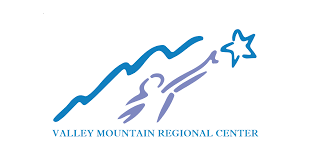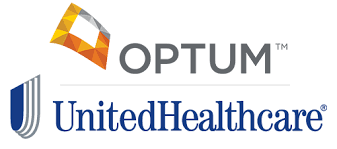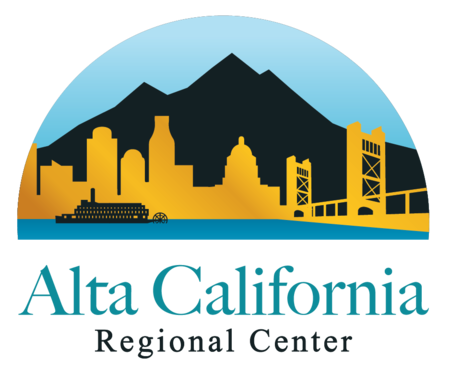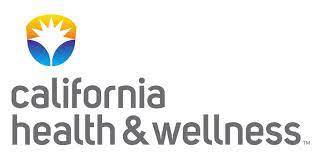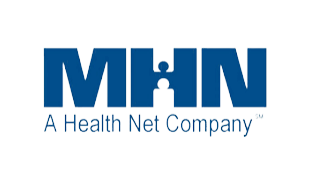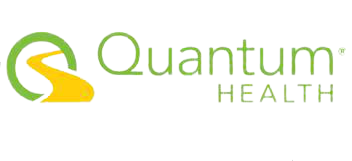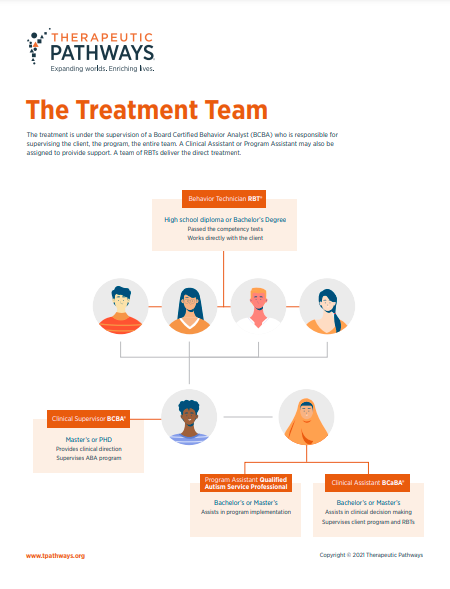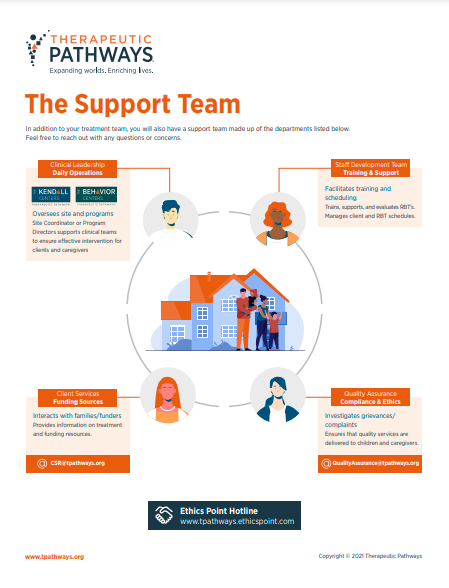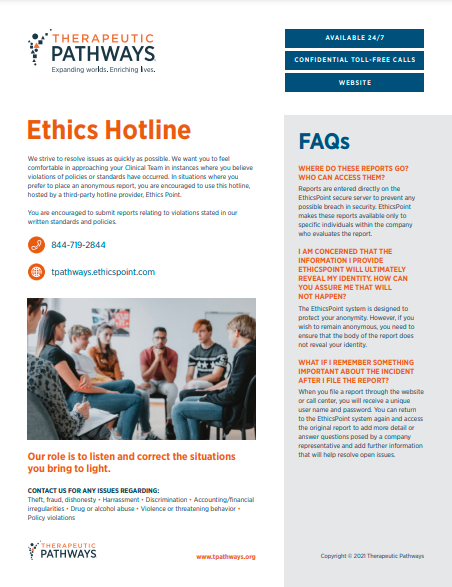Treatment for Autism in Toddlers
Symptom recognition is the first step in treatment. Signs of autism are typically present by a child’s second birthday, and research shows that one-third of parents express concern before their child turns one.

- Refusing to meet your eyes, focusing instead on your mouth or hands
- Difficulty copying (imitating) your or other childrens’ reactions
- Seems overly focused on non-social stimuli, such as a whirring fan
- Seems aloof or extremely shy, not meeting others’ eyes and keeping to themselves
- Prefers structure and routine and exhibits strong anxiety if the routine is disturbed
This is not a comprehensive list of possible symptoms. If you’re concerned or wondering “How to help my child with autism?”, reach out to a physician or a representative at Therapeutic Pathways.
Once your toddler receives an autism diagnosis, we’ll provide fun, child-centered developmental therapy for toddlers in our Readiness program.
This program encourages attention, imitation, and engagement. We want our Readiness children to start to learn the power of communication and the joy of interacting with others while receiving treatment for autism in toddlers. Each treatment for each child is individualized, and research shows the earlier you start intensive ABA therapy, the more likely your child will catch up by age six. Receive treatment for mild autism in toddlers at one of our Kendall Centers.
Speech Therapy for Autistic Toddlers
Parents often arrive at Therapeutic Pathways concerned that their toddler hasn’t begun speaking. Whether or not the child has already received a formal diagnosis, speech therapy for autistic toddlers is a common concern among families seeking our care.
Therapeutic Pathways is here to help, utilizing the latest research-based findings in speech and language pathology to develop customized treatment plans.
Parents come to us worried, wanting to know how to help their toddler with autism speak. To that end, we have licensed SLPs and certified SLPAs on staff to teach children the art of communication, helping toddlers develop the skills they need to express and support themselves.
Treatment for ASD in Babies
Just like any other infant, babies with autism want to play, feel comforted, and discover the world around them. ASD is a developmental disability, not a disease, and there is nothing “wrong” with children who have autism; their brains just work a little differently.
Many babies show signs of autism before their first birthday. If you’re concerned with the delays your child has started to show, take action and consider treatment.
This is the time to be proactive – parents who embrace treatment for autism in babies are giving their children the greatest opportunity to progress and learn the skills that can help make their lives enjoyable and fulfilling.
These are just some of the skills that we help develop in children ages 0-3:
- Socialization (learned through imitation, observational learning)
- Language and communication (learned through joint attention, imitation, and symbolization)
- Self-awareness (learned through emotional and self-regulation)
- Self-help (learned through seeking information)
- Cognition (learned through appropriate toy play, predicting others’ behavior, emotional and behavioral regulation)
Our Readiness program can help your child communicate and actually enjoy interacting with others. Treatment of ASD in infants is effective and provides limitless opportunities for children to develop and grow.
 Listen to Our Podcast
Listen to Our Podcast

